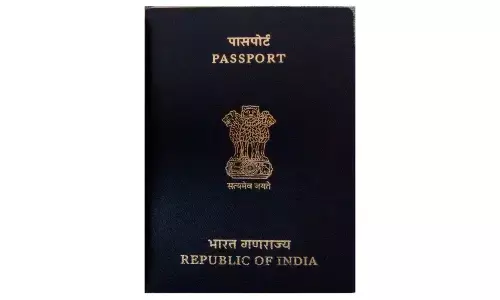Adapting creative methods to evolve readers’ interests through technological advances

While the essence of reading a book in its tangible form is irreplaceable, the advent of technology has transformed how modern-day individuals engage with written content, enhancing accessibility and convenience. Once a primarily analog activity, reading has evolved significantly to become more interactive and personalised. This transformation has affected how readers access and absorb information, drawing them closer to art, history, and culture.
Digitizing the most revered source of education, technological advances have given birth to digital libraries. Making reading an on-the-go activity, digital libraries have cultivated a secure environment where people can readily access both personal and professional information. With on-demand access, users can explore, study, and acquire new information at any point, from any place, on any device, closing the knowledge gap and improving learning efficiency.
Cutting-edge technological advances: Reshaping reading practices
Increased accessibility and convenience: Making reading more accessible and convenient, technological innovations have revolutionized the entire process of learning and acquiring information. With the advent of ebooks and digital libraries, it has become possible for voracious readers to have an entire library with them everywhere they go. By enabling quick access to a wide selection of books, journals, and papers, both of these cutting-edge technological marvels have successfully reduced the need to visit a bookshop or library physically. Additionally, text-to-speech features, background colours, and variable fonts have let readers personalize their learning environment to their tastes, enhancing comfort and accessibility. This is especially advantageous for people with visual impairments or reading difficulties, enabling them to experience the pleasure of reading.
Multimedia elements and enhanced engagement: With multimedia elements such as integrated videos, hyperlinks, and dynamic graphics, technology has enhanced reading experiences and allowed readers to embark on more fulfilling reading adventures. Especially in education and challenging subjects, advanced E-books offer top-notch animations and simulations to assist readers in understanding complicated concepts. Moreover, with digital reading tools users can annotate and take notes more efficiently. E-books enable readers to easily highlight text, add remarks, and organize notes seamlessly in order to retain material and share insights, resulting in an interesting learning experience.
Audiobooks and podcasts: Going beyond the conventional means of information consumption, audiobooks and podcasts have transformed reading and opened up new possibilities. Providing an engaging and multitasking-friendly way to consume literature, these digital formats have made it simple for reading enthusiasts to enjoy their preferred book anytime and anywhere. For instance, nothing could be more pleasant for avid readers to consume their favourite literary works while commuting, extending reading options outside of typical contexts.
Virtual reading groups: Beyond the printed words, technology has enabled readers to connect through various mediums such as online communities, virtual book clubs, digital forums, and social media. These digital platforms increase reader engagement and participation by allowing individuals to contribute their opinions and suggestions and initiate conversations concerning books and authors.
The way forward: The beginning of a new age for readers With unmatched accessibility, flexibility, and engagement, technological advancements have ushered in a new era of reading practices. Whether it is the convenience and accessibility of information, audiobooks and podcasts, or online reader groups, technology has broadened the scope of reading practices. As time goes on, technology will inevitably advance, transforming reading habits and ensuring that literature continues to play a significant role in our lives in the digital era.
(The writer is President & Group CEO, Baker & Taylor Group of Companie)














